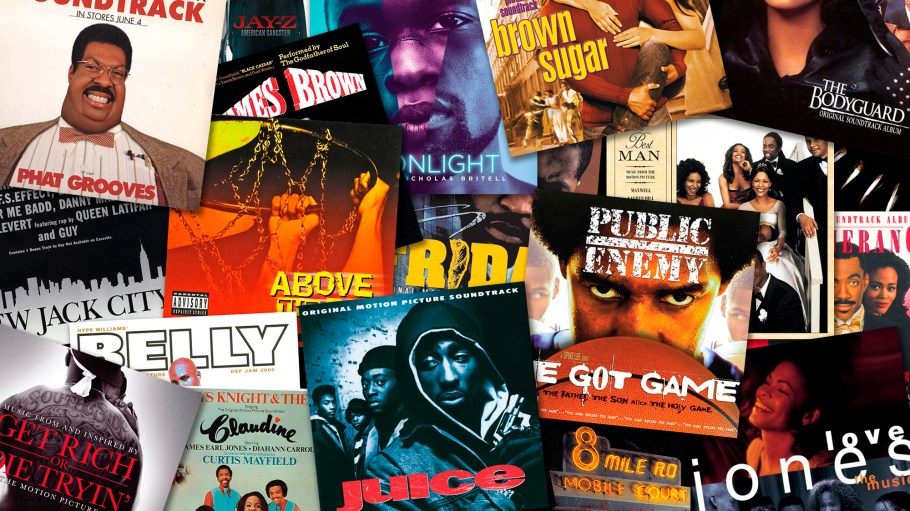Music and Film: The Dynamic Duo of Soundtracks that Define Movies
Music and film have shared a significant relationship starting from the beginning of the movie. The marriage of these two artistic expressions has brought forth notable soundtracks that reverberate with crowds long after the credits roll. Soundtracks assume a basic part in improving the profound effect of films, laying out environments, and directing watchers through a true to life venture.
Envision the unpropitious tension of “Jaws” without its notorious two-note theme, or the tragic snapshots of “Titanic” without Celine Dion’s impactful anthem. These are simply looks at the monstrous impact that music employs inside the domain of film. Soundtracks are not only foundation commotion; they are account instruments that rise above words and pictures to inspire sentiments that words alone can’t communicate.
The job of a film writer is similar to that of a narrator. A very much created soundtrack turns into a person by its own doing, highlighting strain, love, misfortune, and win. John Williams’ scores for “Star Wars” and “Jurassic Park” are exemplary instances of how music can raise the greatness of a film. The leitmotifs related with characters like Darth Vader and Indiana Jones have become imbued in mainstream society, their simple notes gathering striking symbolism.
Besides, soundtracks can reinvigorate verifiable settings, moving crowds into a particular time. The jazz-mixed soundtrack of “Fantasy world” transports us to a nostalgic yet present day Los Angeles, while the suggestive songs of Ennio Morricone in “The General mishmash” paint an audial representation of the Wild West.
The connection among music and film is a harmonious one. Producers frequently utilize previous tunes or authorized pieces to build up subjects or close to home states. Martin Scorsese’s utilization of famous tunes in “Goodfellas” and Quentin Tarantino’s diverse soundtracks in “Raw Fiction” are ideal instances of how music turns into a permanent piece of the narrating system.
The effect of a critical soundtrack reaches out past the bounds of the actual film. An unpleasant tune can be a vessel that conveys the pith of a film into the hearts of its crowd, turning into a standard for sentimentality and shared encounters. Hearing the main notes of “Hedwig’s Subject” from the “Harry Potter” series immediately moves audience members to the mysterious universe of Hogwarts.
All in all, the unique team of music and film is a demonstration of the force of imaginative cooperation. Soundtracks advance the true to life experience by inspiring feelings, accentuating subjects, and, surprisingly, becoming social milestones. The following time you watch a film, focus on the songs that mesh themselves into the texture of the story. You might find that the music has a ton to say, in any event, when the characters are quiet.
